Experience enhanced drumming dynamics and reduced stick noise with our Drum Felt Strips. Designed for precise cymbal dampening and versatile use, these felt strips offer drummers a reliable and essential accessory to achieve a cleaner and more controlled cymbal sound.
Our Drum Felt Strips exemplify our commitment to providing drummers with high-quality and practical accessories. These felt strips are specifically designed to be placed on cymbals to dampen vibrations and minimize excessive sustain, resulting in a focused and articulate cymbal sound. Crafted with premium felt material, our Drum Felt Strips ensure excellent durability and optimal cymbal contact. They are available in various sizes and thicknesses, allowing you to customize the dampening effect to suit your desired cymbal sound. Designed for versatility, our Drum Felt Strips are compatible with all types of cymbals, including crashes, rides, and hi-hats. They are easily adjustable and can be repositioned to fine-tune your cymbal sound during rehearsals or performances. Visually, our Drum Felt Strips are discreet and unobtrusive, seamlessly blending with your cymbals. Their lightweight and portable design make them a convenient addition to your drumming accessory bag. Investing in our Drum Felt Strips is about achieving a clean and controlled cymbal sound without compromising the cymbal’s natural character. Reduce unwanted vibrations and stick noise with this essential drumming accessory. Experience the benefits of our Drum Felt Strips, and enjoy a focused and articulate cymbal sound in any drumming performance. Elevate your drumming dynamics and achieve the perfect cymbal sound with this practical and reliable accessory.
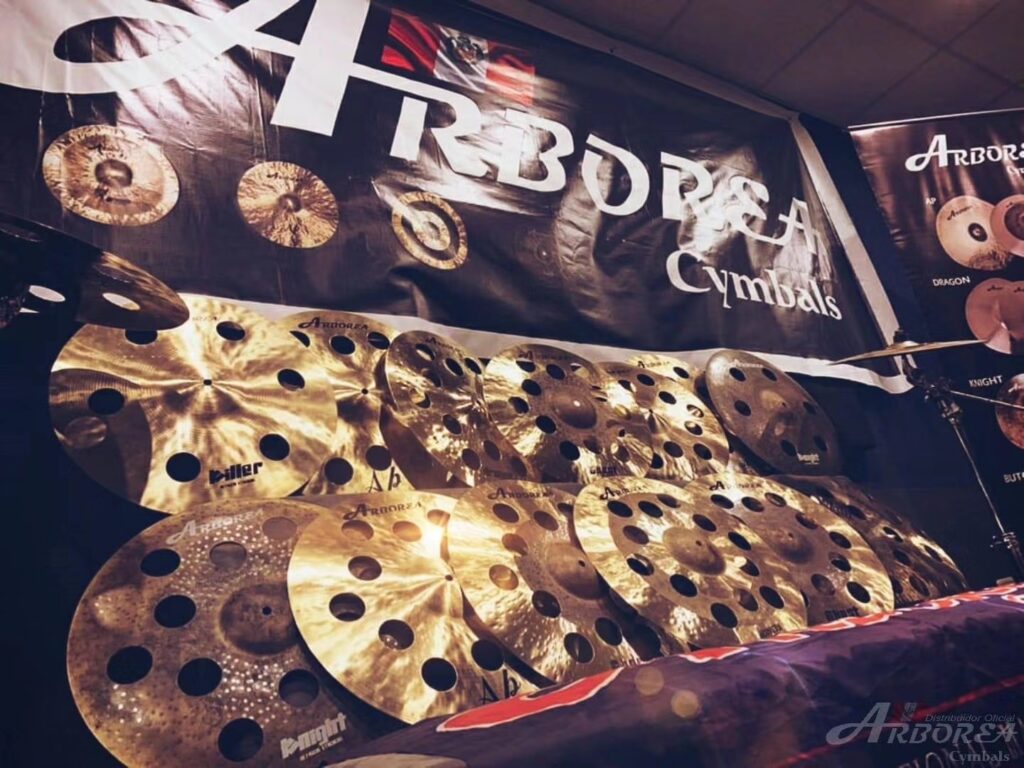
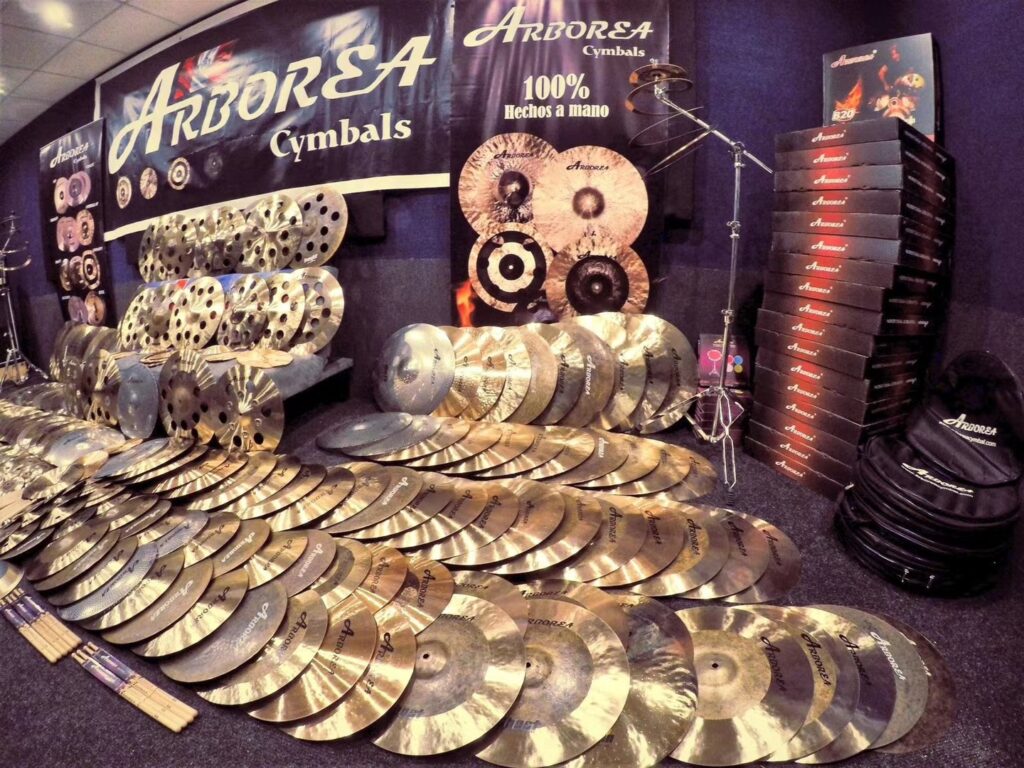
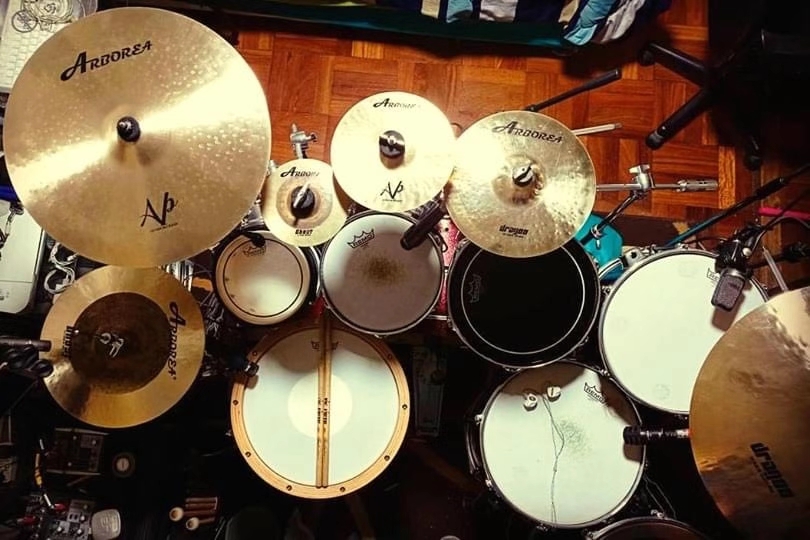
Fanjia Vililage, Shuizhai Town, Zhangqiu City, Shandong, China
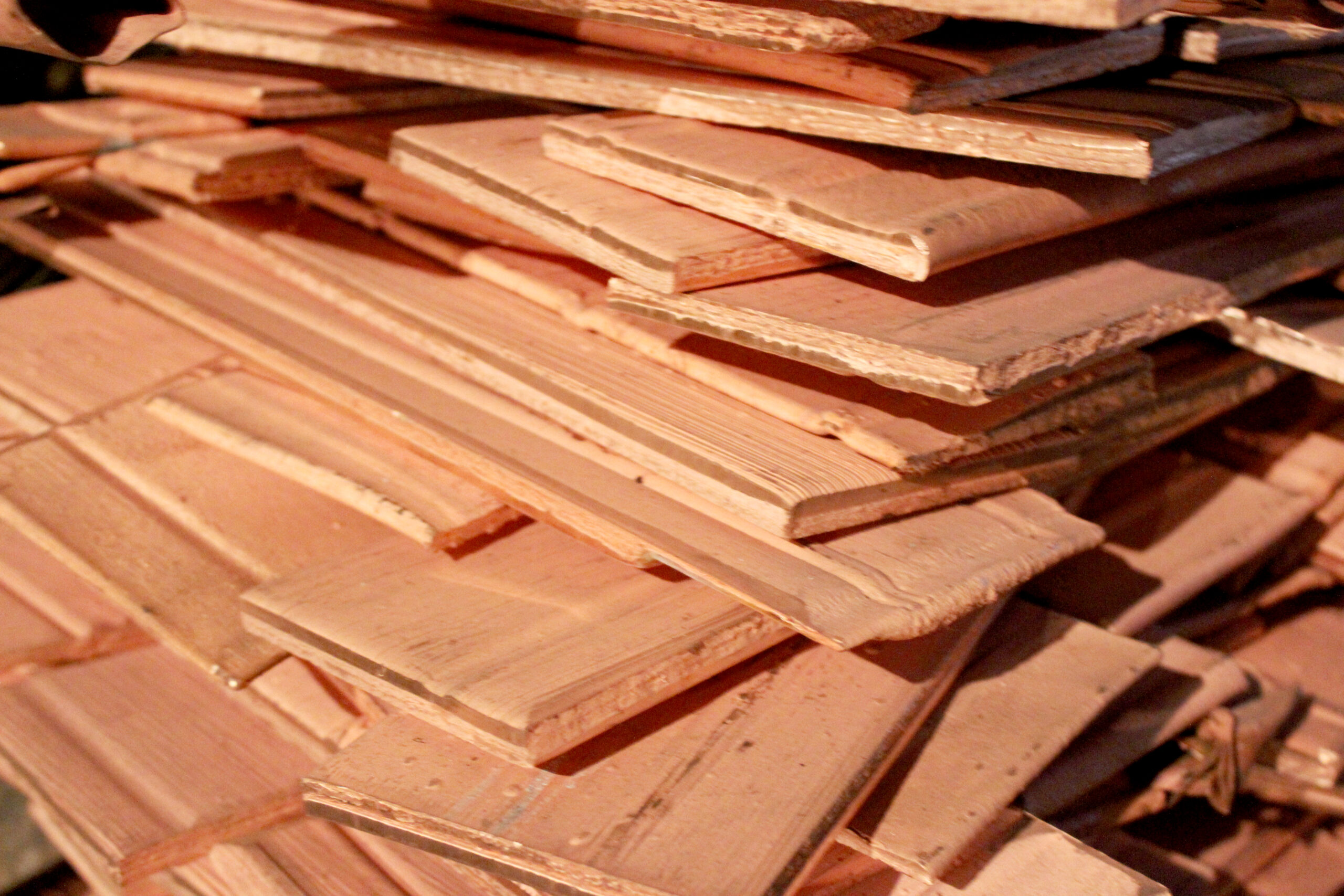
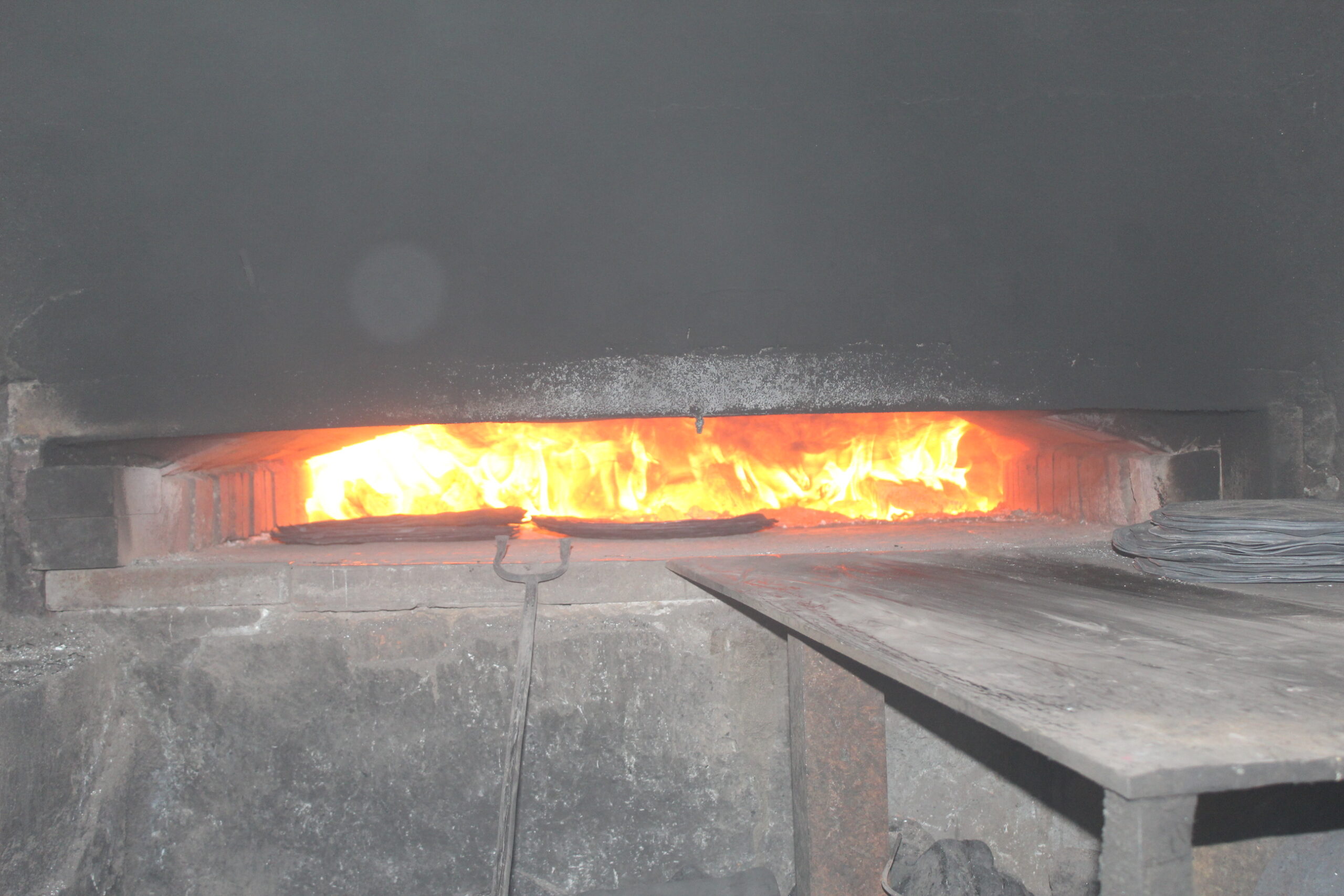
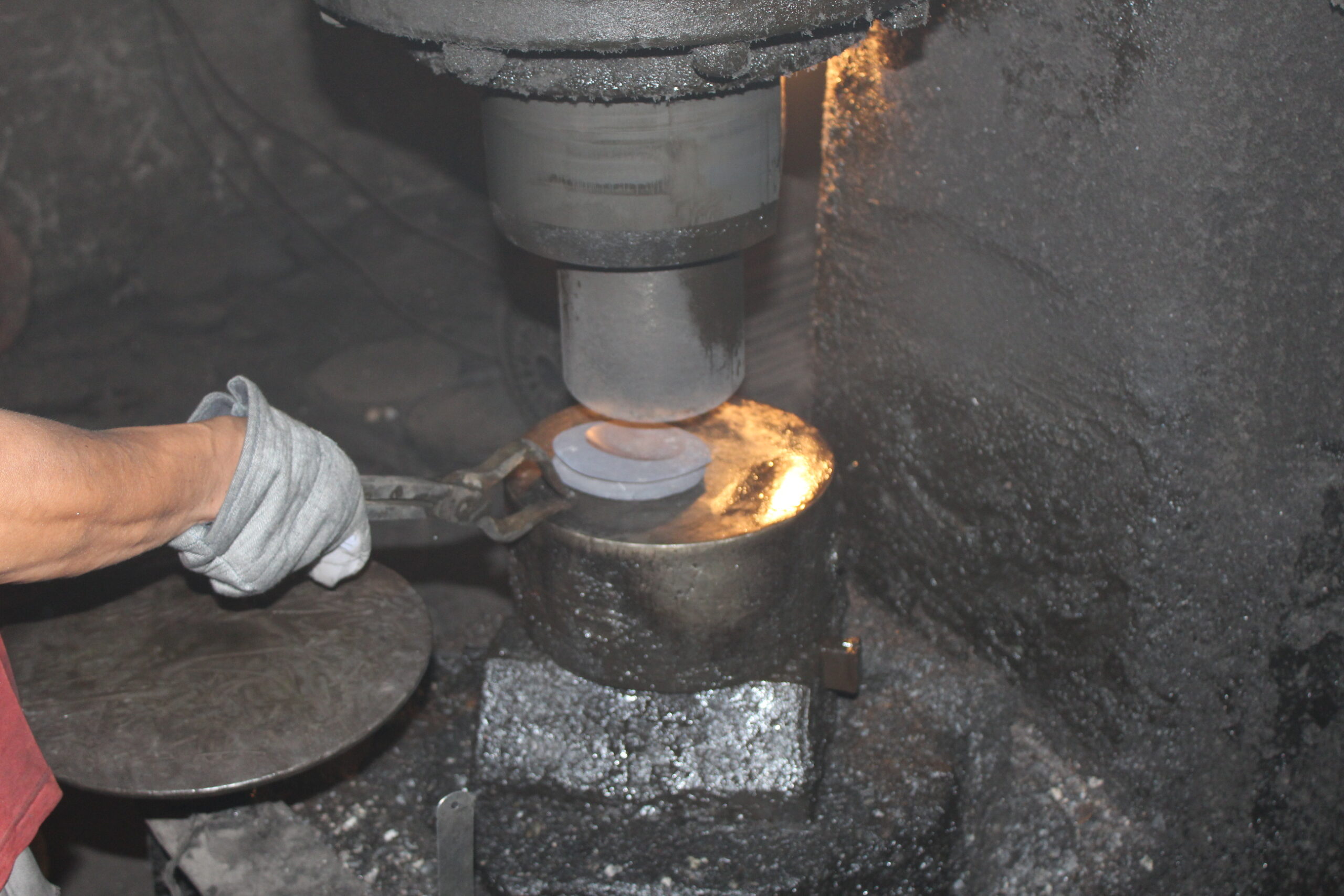
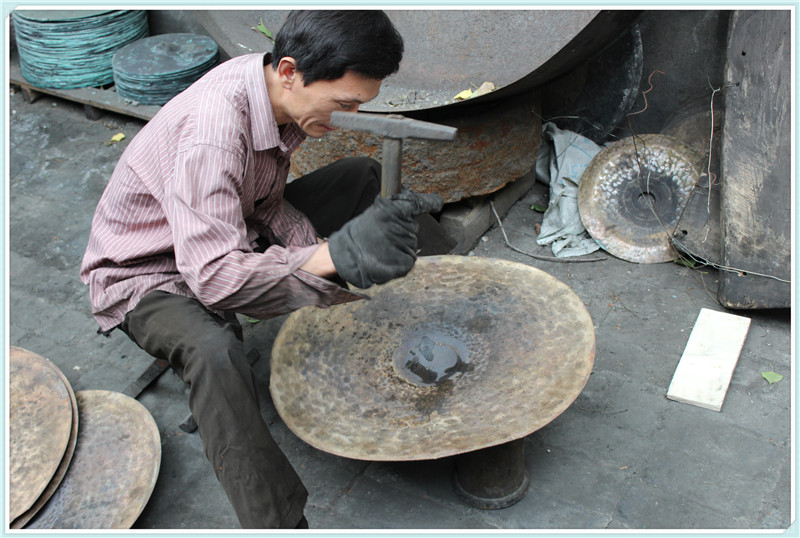
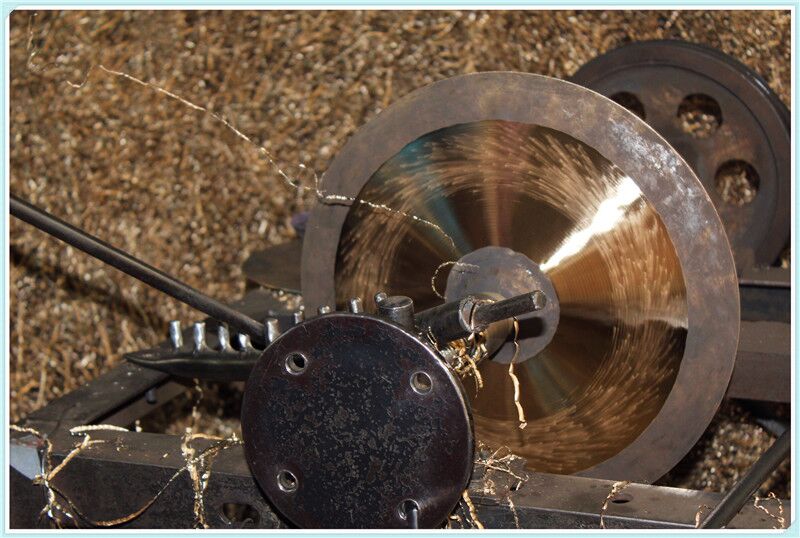
We will contact you within 1 working day, please pay attention to the email